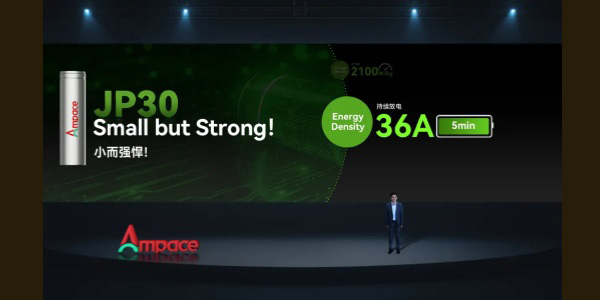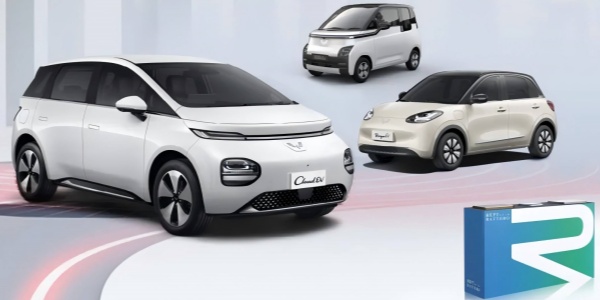How to Choose the Right Forklift Battery Charger: The 24/36/48/80 Volt Forklift Battery Charger Guide
In the industrial field, as an important material handling tool, forklift is widely used in warehousing, logistics and production industries. In order to ensure the efficient operation of the forklift, the choice of forklift battery charger is crucial. Forklift battery chargers with different voltage levels have different application scenarios, choosing the right charger can not only improve work efficiency, but also extend the service life of forklift battery. So how should you make the best decision when choosing a 24/36/48/80 Volt Forklift Battery Charger? This article will provide you with a detailed guide.
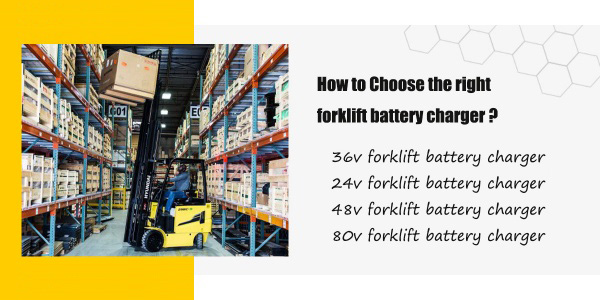
1. Understand the differences in battery voltages of forklifts
First of all, when choosing a forklift battery charger, you need to understand the voltage of the forklift battery. Forklift batteries with different voltages are suitable for different types of forklifts and work needs. Common forklift battery voltages include:
· 24V forklift battery charger: Usually suitable for light storage forklifts and small electric forklifts. This type of forklift is often used in small warehouses, stores or areas that require flexible operation.
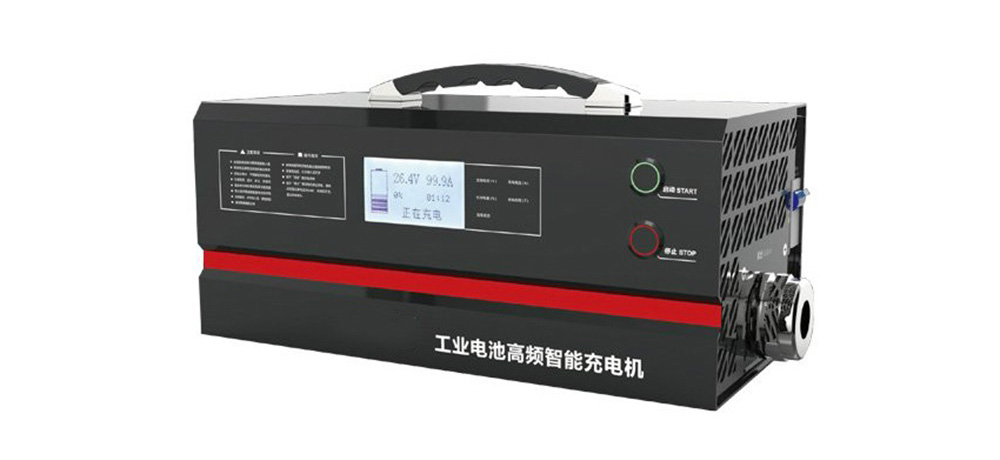
· 36V forklift battery charger: Used for medium forklifts, suitable for light to medium load work. It provides more power than 24V forklift batteries and is suitable for larger storage areas or higher intensity work.
· 48V forklift battery charger: This battery voltage is commonly used in large forklifts and is capable of supporting heavy loads and long working hours. Suitable for large-scale logistics, warehouses or industrial applications that require strong power.
· 80V forklift battery charger: 80V batteries are generally used in very large electric forklifts and high-load work scenarios, such as heavy handling, mining operations or large-scale production facilities. These forklifts usually require powerful battery systems to support high-intensity work for long periods of time.
2. How to choose the right forklift battery charger
(1) Understand the use scenarios of forklifts
First of all, clear forklift use environment and load requirements is the basis for choosing the charger. For example, the 24v forklift battery charger is suitable for small forklifts and can provide sufficient charging capacity in some scenarios where charging speed is low. The 80 volt forklift battery charger will be a better choice for large forklifts that require long periods of high intensity operation.
(2) Matching voltage of battery charger
When choosing a charger, you must make sure it matches your forklift battery voltage. Otherwise, using a mismatched charger may result in battery damage or inefficient charging. For example, using a 36 volt forklift battery charger to charge a 24V battery, or using an unsuitable voltage level can cause the battery to undercharge and even damage the battery. Be sure to choose a charger that matches the battery voltage.
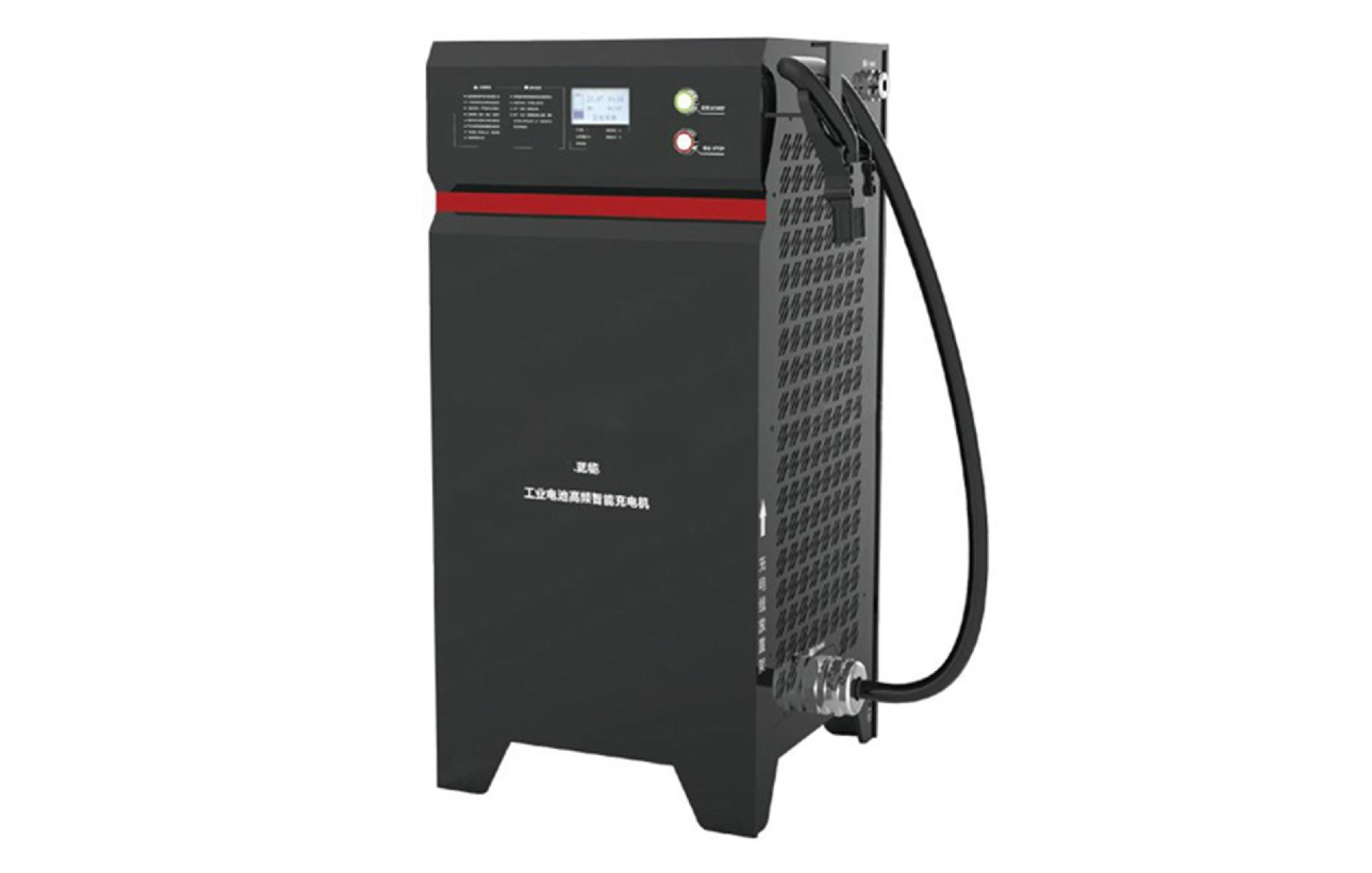
36 volt forklift battery charger
(3) Charging time and charging efficiency
The frequency and working hours of the forklift will also affect your choice of charger. If you need to charge your forklift frequently and keep it running efficiently, the 48v forklift battery charger may be a good choice because it charges quickly and can handle the demands of larger loads. For some low-frequency scenarios, choosing a charger with a relatively long charging time may be more cost-effective.
(4) Type of charger
There are two common types of forklift battery chargers on the market: Traditional charger and smart charger. The use of traditional chargers is more common and the operation is simple, but compared with intelligent chargers, the charging efficiency is low, and the charging mode cannot be automatically adjusted. The intelligent charger has higher charging efficiency, and can automatically adjust the charging current according to the state of the battery, avoid overcharge, overdischarge and other problems, which helps to extend the service life of the battery.
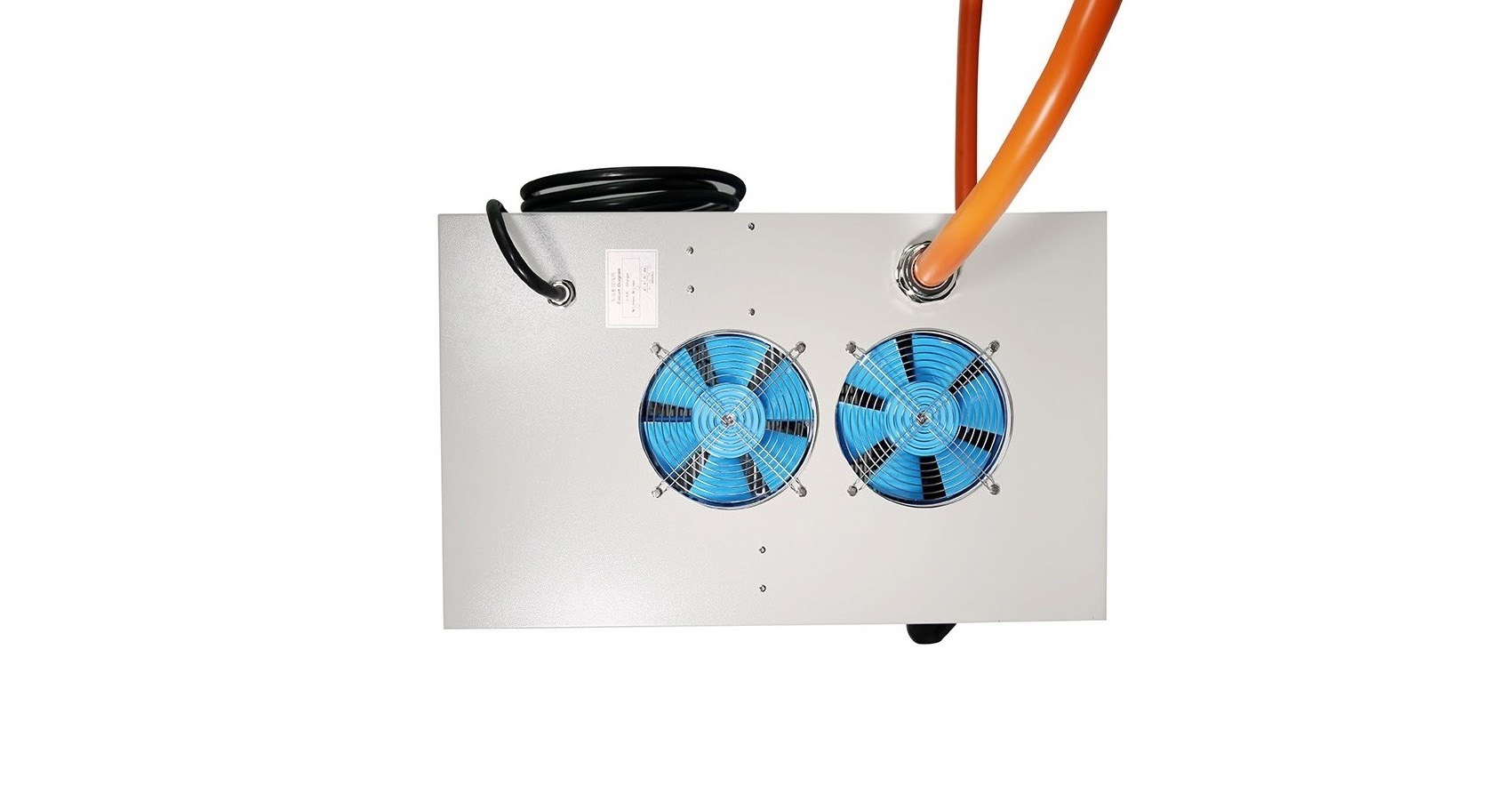
80 volt forklift battery charger
3. Choose the right charger brand and quality
When choosing a forklift battery charger, brand and quality are also very important factors. Choosing a well-known brand charger can ensure its quality and after-sales service. For example, well-known brands often provide high quality chargers and provide effective technical support and repair services in case of product problems.
4. Price and budget
Finally, the price is also an important factor affecting the choice of forklift battery charger. Cheaper chargers may have certain defects in quality and charging efficiency, so it is recommended to make choices according to your use needs and budget to find the most cost-effective charger.
Conclusion
Choosing a charger suitable for your forklift battery is an important part of ensuring the efficient operation of the forklift. Whether you need a 24V forklift battery charger, 36V forklift battery charger, 48V forklift battery charger or 80V forklift battery charger, understanding the usage needs of the forklift, battery voltage, charging speed and the type of charger will help you make an informed choice. I hope this guide can help you choose a forklift charger, so that you can get higher efficiency and longer battery life in actual use.
If you have any questions or need more advice, feel free to contact our team of experts. We will provide you with professional advice and support to help you choose the most suitable forklift battery charger.
